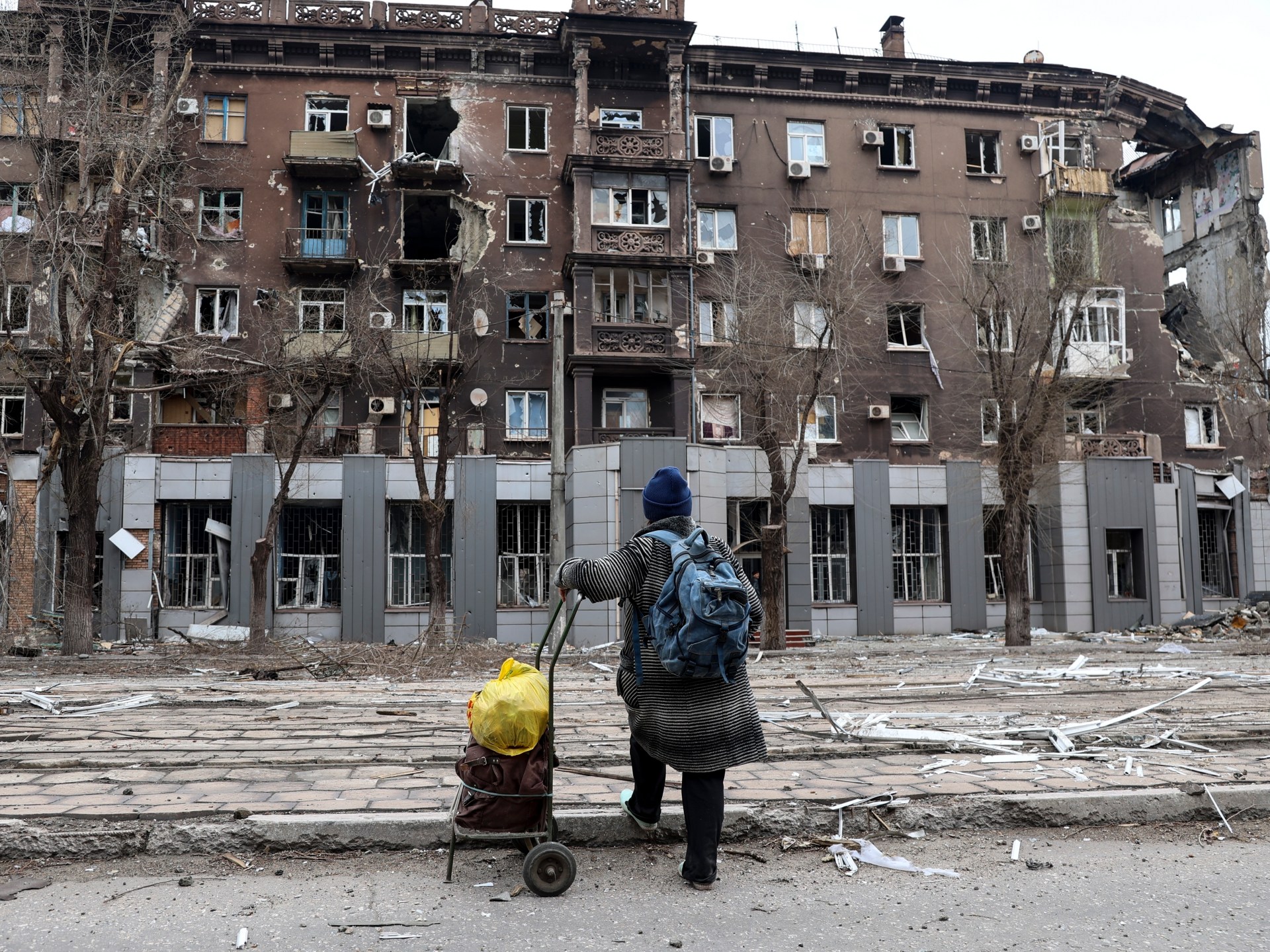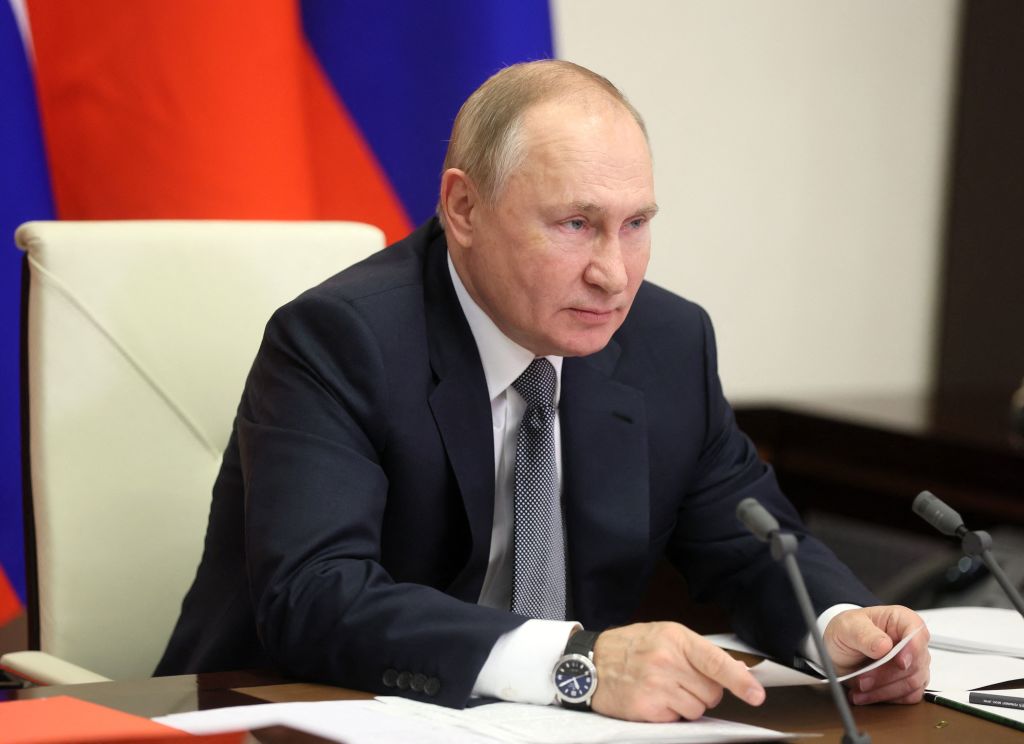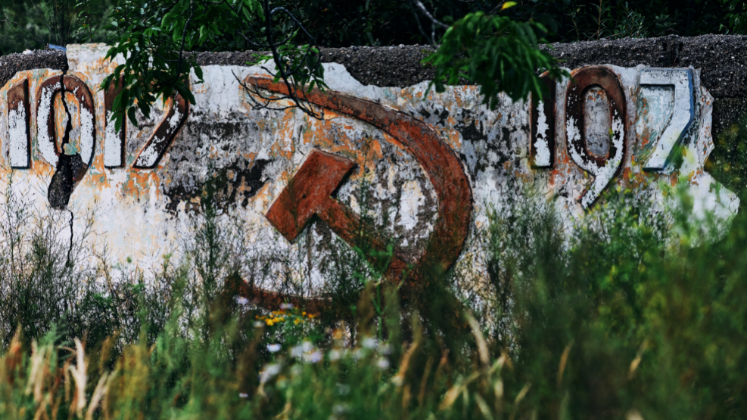Note to all, please read the text in green if you intend to post:
Let’s attempt to define ‘sovereignty’, and share some relevant quotes from a lawyer, professor, diplomat, and author (who also holds the title of ambassador), that has argued and won a disputed claim between states before the International Court of Justice. IMO, Prof. *Tommy Koh*, is well qualified to write on matters of international law, with regard to Russia’s claims:-
1. Let me start with
quotes from Prof Koh, the former UN Secretary-General’s Special Envoy to Russia, Estonia, Latvia and Lithuania, on his 3 basic points on the UN charter:
“First, the charter confers on all states, big and small, sovereign equality under international law. What this means is that, legally, all states are equal and are entitled to the same rights. An example of this norm is that, in the UN General Assembly, every member state has one vote.
Second, the charter imposes a duty on all member states to settle their international disputes by peaceful means. In fact, force can only be used in self-defence to repel an armed attack on that state.
Third, the charter imposes a duty on all member states to refrain from the threat or use of force against the territorial integrity or political independence of any state.”
2. In law, sovereignty is the power of a state to make its own laws, regulations and/or enforce its rights and/or create limited obligations of its citizens within territory that is recognised by other states. This concept of sovereignty infers that the sovereign (i.e. state enacting the law or regulation) has legitimate authority and its laws or regulations are subject to judicial review.
3. The term sovereignty also carries implications of the right of a state to delegate state powers and to grant institutions a certain level of autonomy, including the conduct of war declared by a state and acted upon by its armed forces. This is always subject to judicial review by judicial process (provided that such judiciary has a track record of independence). Subject to the obligations under the UN Charter, when we say a state has sovereign power, it means a state has power beyond the power of others to interfere.
*Backgrounder on Prof. Tommy Koh
(a) Education
1961: University of Malaya (LLB, Hons)
1964: Harvard University (LLM)
1965: Cambridge University (postgraduate diploma in criminology)
(b) Select list of national & international awards
- 1993: Commander, Order of the Golden Ark, The Netherlands
- 1997: Grand Cross of the Order of Bernardo O'Higgins, Chile
- 2000: Commander, First Class, of the Order of the Lion, Finland
- 2000: Grand Officer in the Order of Merit of the Grand Duchy of Luxembourg
- 2001: Officer in the Order of the Legion of Honour, President of the French Republic
- 2008: Order of Nila Utama (First Class)
- 2018: Padma Shri Award, India
I really have to disagree…
Now, whether it justified the military intervention, that's up to debatable…
And lastly, yes, Ukraine is a sovereign country and can choose to do whatever the majority of their people wish for. But what happens when some of these choices directly threaten the sovereignty of another country? That's quite a grey area, wouldn't you agree? If not, we'd still have Soviet ballistic missiles on Cuba. And judging by the list of military operations the US (and to an extent NATO) has launched in the last 30 years, I can't really call it a peaceful, purely defensive military alliance.
4.
@MaxSP89, there is no ‘grey area’ and no amount of Western flexibility could have appeased Putin. If NATO did not expand to Poland and the Baltics, Russia has the freedom to invade those countries like Ukraine — talk of an alternative security architecture for Europe is shorthand for ‘Russia has the right to intervene in its neighbours and NATO shouldn't interfere with that.’ Let me advise anyone against continuing with a pro-Russian claim of ‘sovereignty’ over Ukraine. These are pro-Russian fabrications that are well debunked at multiple levels — being objective means not allowing ‘nonsense on stilts’ claims to stand in DefenceTalk. Prof Koh explicitly expanded on some points on law to debunk nonsensical arguments from people like you:
(a) On Ukraine’s legitimacy and territorial integrity:
Q1: Does Russia have the right, under international law, to question the legitimacy of Ukraine?
“The answer must be no…When the Soviet Union was dissolved in 1991, Ukraine became an independent state and was recognized by the Russian Federation.
The UN allowed the new state of Ukraine to occupy the seat which used to be occupied by the Ukrainian Soviet Socialist Republic. The Russian Federation did not object to the move.
Ukraine’s legitimacy as a sovereign and independent state has therefore been recognised by the UN and by the world, including Russia, since 26 Aug 1991.”
(b) On Ukraine and NATO, Prof Koh also said:
Q2: Does Russia have a right to oppose the wishes of Russia’s neighbours to join either the EU or NATO?
“…Russia has no such right. I would also point out that, in 1999, Russia had signed the Istanbul Document of the Organization for Security and Co-operation in Europe (OSCE). Under article 8 of that document, Russia acknowledged the right of Ukraine to choose or change its security arrangements.
It is the sovereign right of Russia’s neighbours to join any organisation they wish to do.”
5. In the run-up to present crisis in Ukraine, Russia issued its neighbour an ultimatum : If Ukraine refused to give Russia a guarantee that it would never join Nato, Russia would launch a “special military operation” against it. Ukraine refused to yield to Russia’s demand. On 24 Feb 2022, Russia launched an armed attack against Ukraine, deploying its army, navy and air force. In relation to the above, Prof Koh, said:
Q3: Is there any justification, under international law, for Russia’s action?
“The answer is again no. Russia has no legal justification for its armed attack against Ukraine. Russia has violated several principles of the UN Charter and of international law, including the principle of the non-use of force to settle international disputes and the principle of respect for the territorial integrity and political independence of states.
Russia has tried to justify its action on the ground of self-defence. This is an absurd argument since Ukraine has not attacked Russia or threatened to do so. Ukraine is not even a candidate to Nato.
Russia’s action is particularly reprehensible because it is a signatory of the 1994 Budapest Memorandum on Security Assurance. Under that memorandum, Ukraine, Belarus and Kazakhstan agreed to give up their nuclear weapons. In return, Russia, the US and UK assured the three countries that they would protect them from any threats to their territorial integrity. It is totally unacceptable that a guarantor of Ukraine’s territorial integrity should itself be the violator.”
6. Based on the above — the term ‘sovereignty’ is not what a few, like MaxSP89, in this thread imagine it to mean. Do not write a ton of nonsense, using the term, if you have not read this post.
7. The Moderators can’t be bothered to debunk every bad and irrelevant example brought up by ahistorical nationalistic fanboys who have a poor grasp of actual history. Anyone attempting to argue that the Cuban Missile Crisis is a valid example in this thread will be banned for going off-topic




